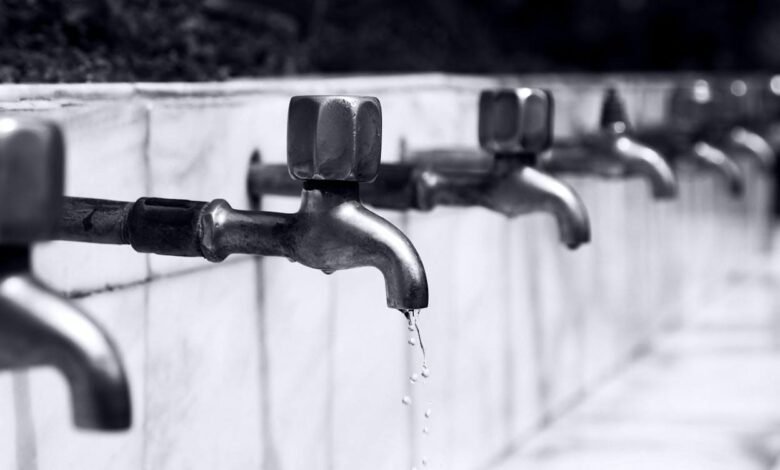Tips To Keep Your Sewage Lines from Getting Blocked

Blocked sewage lines are one of the nightmares a homeowner may experience. They can bring unpleasant odors, sewage backups, and even damage to your house’s structures if not treated well. However, by applying a few simple precautions, you will most probably minimize the possibility of undergoing this discomfort. This article has outlined useful tips for keeping the sewage lines clear to avoid costly repairs in the long term.
Be Mindful of What You Flush
Common sense alone can prevent sewage line blockages. Know what you are flushing down the toilet. Only human waste and toilet paper should go down the toilet. Still, other things such as wipes, feminine hygiene products, paper towels, or even “flushable” wipes can cause easy clogging since they do not break down like toilet paper. This can pile up at the back of the sewage line and cause blockage. Teach your family members how to use the toilet correctly. Maybe one of the simplest ways to clear up your pipes is by educating your family members on proper flushing habits.
Do Not Pour Grease Down the Drain
Grease seems harmless when it is hot and liquid, but once it cools, it hardens and adheres to the insides of your pipes. Over time, this can cause serious blockages in your sewage line. Avoid grease, fats, and oil pouring. Do not pour grease, fats, and oils into the drain. Pour them into a container, let them cool, and throw them into the trash. Keeping all grease out of your drains will help prevent the building up of fatty deposits that can cause blockages and result in expensive repairs, which can take time but is very efficient and effective for your drains.
Clean Your Drains Periodically
You’ll be mindful of the stuff you flush down the drain or pour into the sink, but somewhere along the line, debris is bound to start piling up. Hair, soap scum, and chunks of food are some of the common culprits that cause blockages. To avoid this kind of blockage from turning into a bigger headache, cleaning your drains regularly is usually a good move. You can even use very basic tools like a drain snake or chemical-free solutions like baking soda and vinegar to break down the debris. Doing this regularly can help maintain the smooth running of your sewage lines.
FOR INFORMATIVE CONTENT VISIT.. : Hot Air Balloon Rides
Schedule Professional Inspections
While there are many steps you can take to maintain your sewage lines, scheduling regular professional inspections can make all the difference. Professional plumbers are armed with the latest gadgets and equipment that can see potential problems even before they arise, such as tree invasions or decayed pipes. The naked eye cannot see these problems, but they might cause major blockages if not treated early. Regular inspection by professional plumbers can detect minor issues that handle sewer line repair projects, saving you time and money in the future.
Fit a Drain Strainer
Probably, the easiest and cheapest way of preventing blockages within your sewer lines is through using a drain strainer. These inexpensive devices go over your drains and accumulate debris like hair, food bits, and soap residue before entering into your pipes. They are particularly ideal for installations in kitchens and bathrooms, which are common points where blockage occurs. This is because you keep solid material out of your sewage lines and, hence, avoid the hazards of blockage or clogging that may result in expensive repairs or even the replacement of your sewer system.
Conclusion
Preventing blockage of your sewage lines means you must be proactive. To have a sewer line cleared that would be expensive and even messy to clean, take the necessary precautions and be aware of what you flush, do not pour grease down the drain, clean your drains regularly, and schedule professional inspections. It is these small, useful steps that can help keep your sewerage system healthy and going without leaks, costs, and unplanned plumbing failures.







